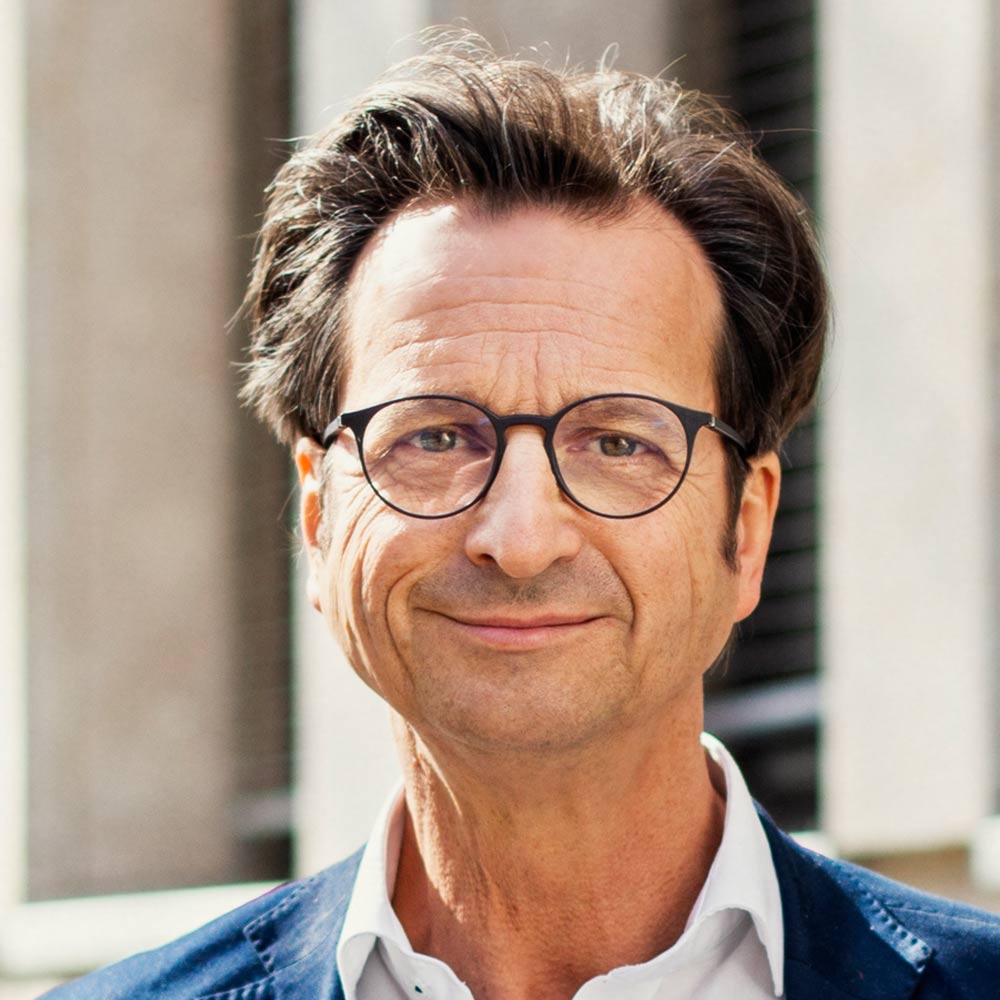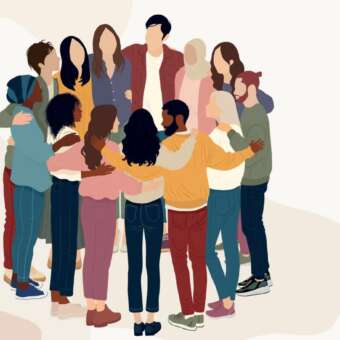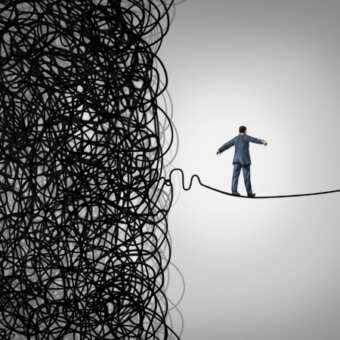"The big problem remains the uncertainty"
Fear and uncertainty drive people in the face of numerous crises. Yet the "psychological backpack" is already pretty full due to the Corona years. Psychologist Stephan Grünewald complains above all about political communication.
The podcast appeared on Deutschlandfunk Kultur on October 1, 2022.
Besides the corona pandemic, the war in Ukraine has been the main topic for months. Recently, fears about price increases and gas shortages have been added. "People are experiencing a crisis situation that is burning and is eerily indeterminate. No one knows exactly what's coming, whether they can handle the costs," explains psychologist Stephan Grünewald.
Social gradient
He speaks of three moments of indeterminacy that people are currently concerned about: a possible blackout, a possible energy crisis, and the federal government's relief packages. While people are anxious about sitting in a cold dark apartment in the fall and winter, they can't yet gauge the relief, Grünewald explains. "The big problem remains vagueness. People need concrete experience of what this means for them financially as well," the psychologist continues.
In addition, there is a large social divide in Germany, which has already become clear since the first Corona lockdown. Grünewald explains, "Those on the precarious edge see no savings potential at all, because they have already exhausted everything and have major existential worries." For these people, the government's calls for savings border on cynicism.
Appeal to self-efficacy
At the other end of the spectrum are high-income earners "who think they can escape the crisis and save money. There we observe a defiant consumption," Grünewald explains. In between is the middle class, which saves, works more and tries to maintain its financial level.
In addition, there is a lack of motivation and an increase in lone wolves. "At best, one is still related to one's own family, but the great social solidarity is dwindling."
People's self-efficacy must be appealed to, Grünewald advises, with an eye to current political communication. "Many energy-saving tips came across as rather patronizing, such as the advice to use a washcloth." In the process, many people feel reminded of their childhood and belittled, says the psychologist.
The interview was conducted by Julius Stucke.





